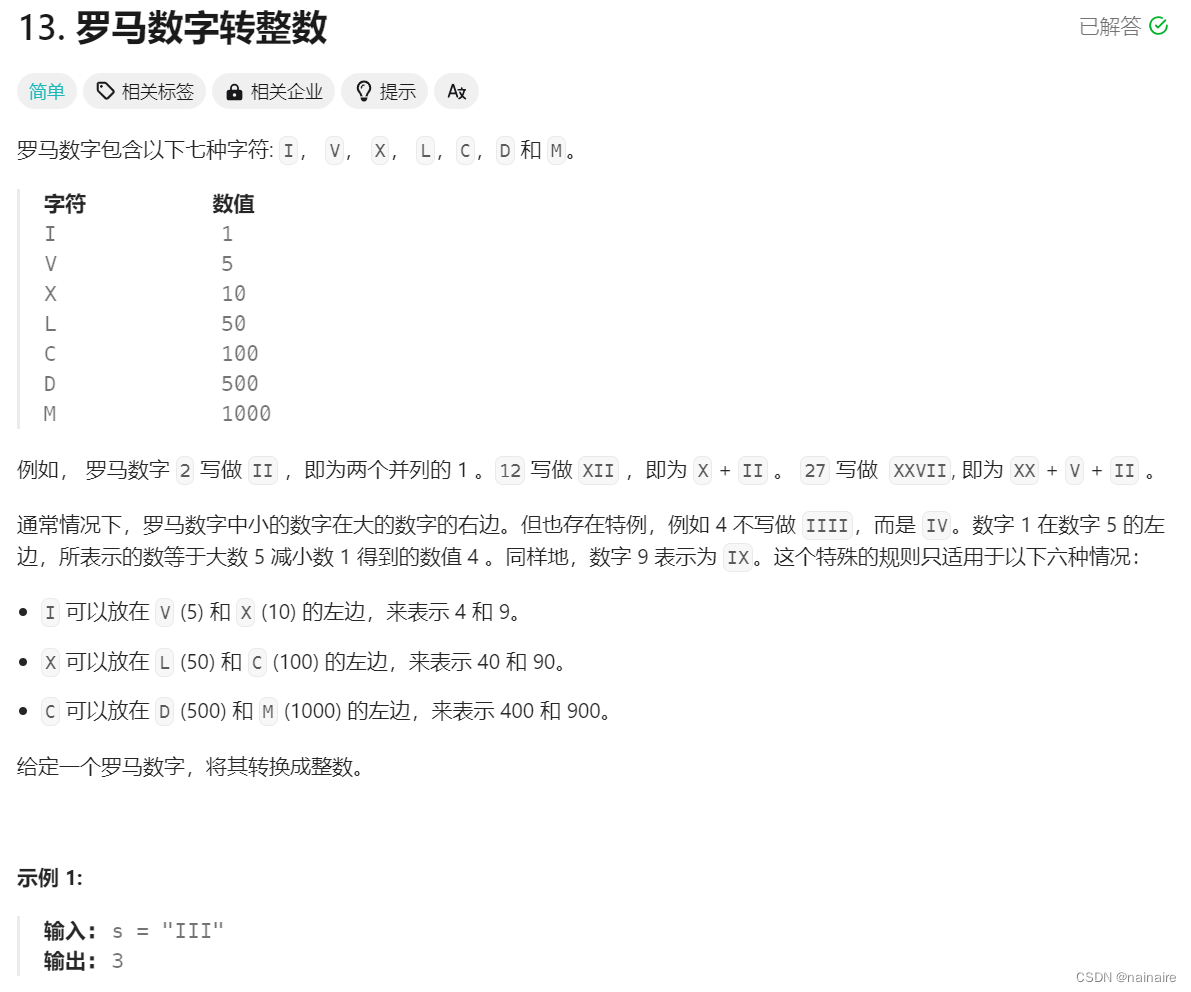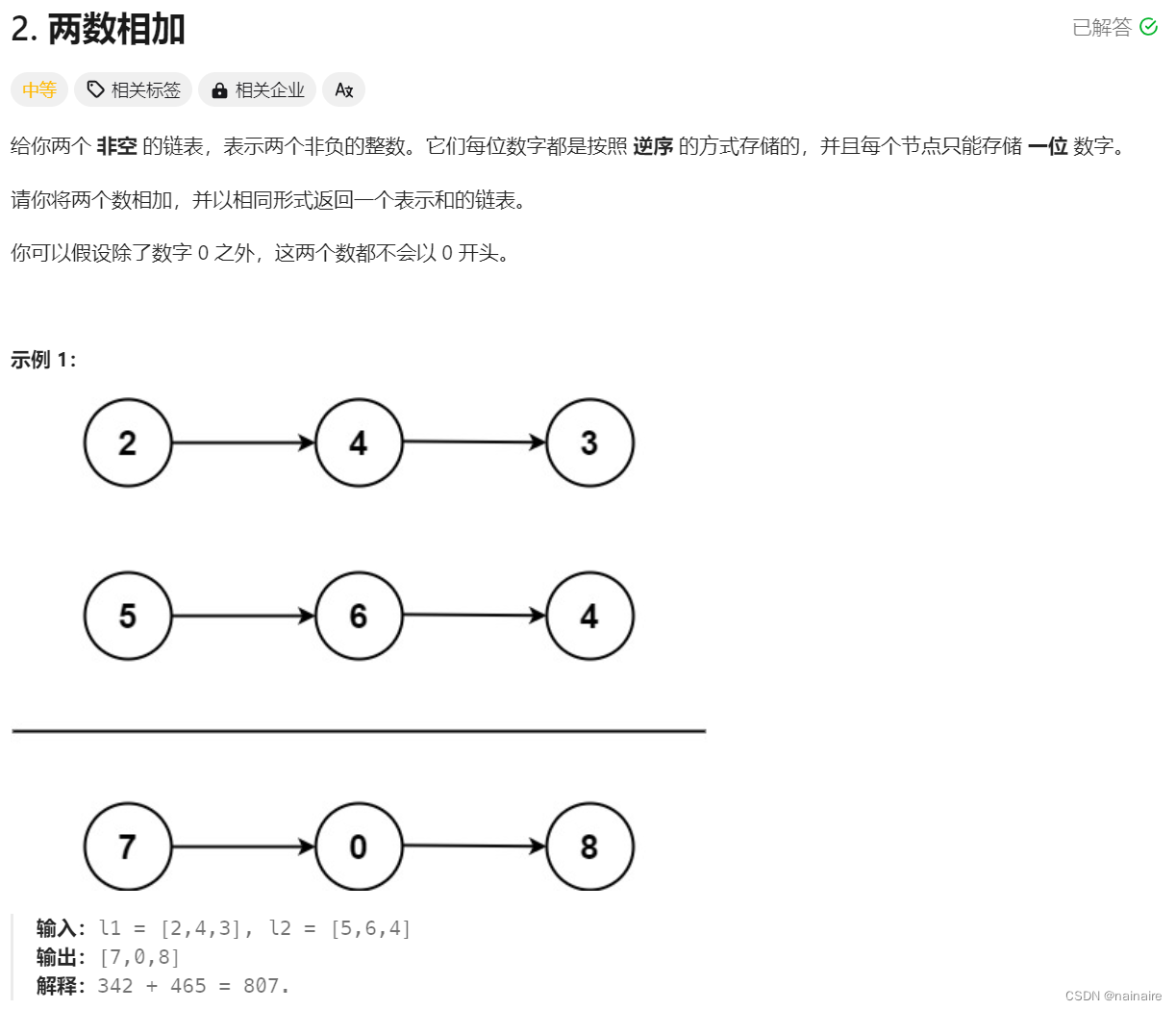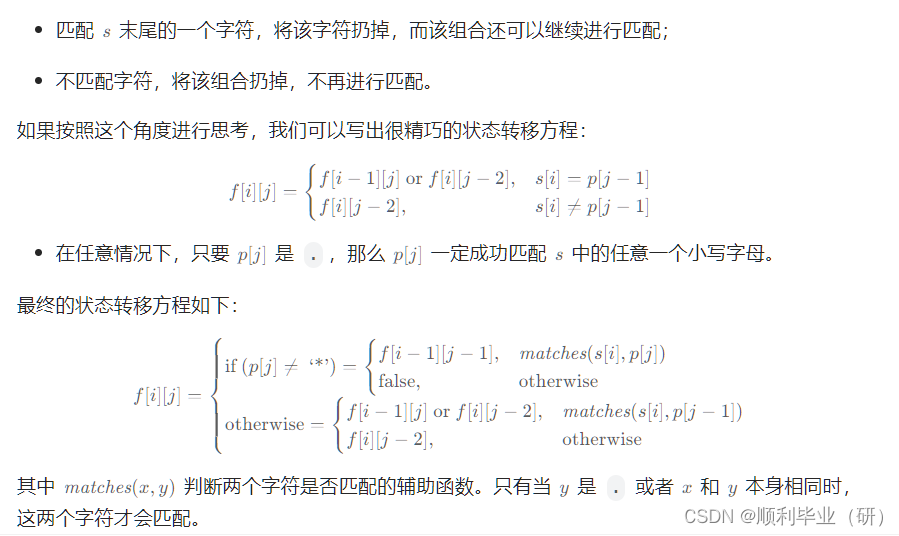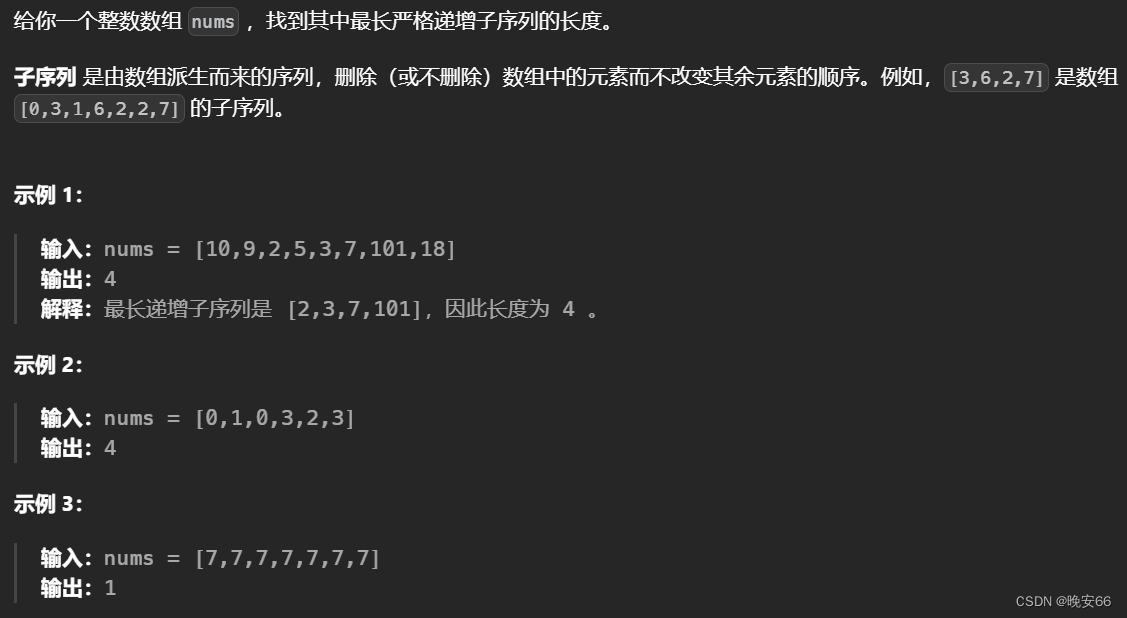Description
The median is the middle value in an ordered integer list. If the size of the list is even, there is no middle value, and the median is the mean of the two middle values.
For example, for arr = [2,3,4], the median is 3.
For example, for arr = [2,3], the median is (2 + 3) / 2 = 2.5.
Implement the MedianFinder class:
MedianFinder() initializes the MedianFinder object.
void addNum(int num) adds the integer num from the data stream to the data structure.
double findMedian() returns the median of all elements so far. Answers within 10-5 of the actual answer will be accepted.
Input
["MedianFinder", "addNum", "addNum", "findMedian", "addNum", "findMedian"]
[[], [1], [2], [], [3], []]
Output
[null, null, null, 1.5, null, 2.0]
Explanation
MedianFinder medianFinder = new MedianFinder();
medianFinder.addNum(1); // arr = [1]
medianFinder.addNum(2); // arr = [1, 2]
medianFinder.findMedian(); // return 1.5 (i.e., (1 + 2) / 2)
medianFinder.addNum(3); // arr[1, 2, 3]
medianFinder.findMedian(); // return 2.0
-10^5 <= num <= 10^5
There will be at least one element in the data structure before calling findMedian.
At most 5 * 104 calls will be made to addNum and findMedian.
If all integer numbers from the stream are in the range [0, 100], how would you optimize your solution?
If 99% of all integer numbers from the stream are in the range [0, 100], how would you optimize your solution?
Solution
Use 2 heaps to store all the numbers, large heap store all the large half of numbers, and small stores all the small half of numbers. large is a min–root heap, and small is a big-root heap. When we need to calculate the median, just find the top element of each heap.
To maintain their property, every time there’s a new number, push it into one heap, and then pop from the heap to another. For example, let’s say we restrain the size of small to be n//2, then when their sizes are the same, the next new element goes to large.
When adding the element, firstly add the element into small, and pop one element from small to add into large, by doing so we could make sure all the elements in large are larger than small.
Similarly, when adding an element into small, firstly add the element into large, then pop one element from large and add it to small.
o
(
n
n
)
o(n log n)
o(nlogn) for adding,
o
(
1
)
o(1)
o(1) for get median.
Space complexity:
o
(
n
)
o(n)
o(n)
Code
class MedianFinder:
def __init__(self):
self.small = []
self.large = []
def addNum(self, num: int) -> None:
if len(self.small) == len(self.large):
heapq.heappush(self.large, -heapq.heappushpop(self.small, -num))
else:
heapq.heappush(self.small, -heapq.heappushpop(self.large, num))
def findMedian(self) -> float:
if len(self.small) == len(self.large):
return (self.large[0] - self.small[0]) / 2
else:
return self.large[0]
# Your MedianFinder object will be instantiated and called as such:
# obj = MedianFinder()
# obj.addNum(num)
# param_2 = obj.findMedian()
原文地址:https://blog.csdn.net/sinat_41679123/article/details/134735229
本文来自互联网用户投稿,该文观点仅代表作者本人,不代表本站立场。本站仅提供信息存储空间服务,不拥有所有权,不承担相关法律责任。
如若转载,请注明出处:http://www.7code.cn/show_26656.html
如若内容造成侵权/违法违规/事实不符,请联系代码007邮箱:suwngjj01@126.com进行投诉反馈,一经查实,立即删除!






